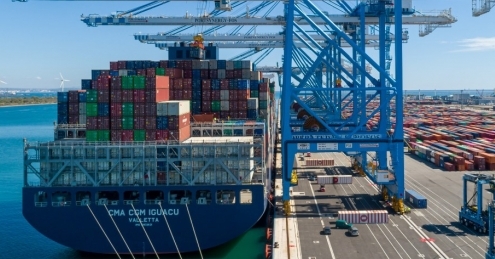
Emphasis on exports and trade balance
- April 9, 2025
- 0
The energy and interest that policy makers and administrators are putting in to increase the country’s exports, it can be assumed that the reason for this effort is the recent decline in the country’s commercial exports. Last month it reached its lowest level in two years. In such a situation, a targeted export policy is being considered necessary.
The government has to move forward on it’s agenda of reform and keep in mind the nature of modern business. The idea of increasing exports without trade balance has become outdated. If exports are to be increased, then potential foreign partners will have to be allowed to reach the Indian market.
In such a situation, the question of increasing exports to these sectors depends on economy, competitiveness and cost reduction. To increase competitiveness, India will have to join the global value chain.
For that, a stable trade and tax policy is required. The variability regarding taxes and tariffs in the country has hindered India’s entry into the global value chain. And thereby, its ability to increase exports to markets like America has also been affected.
Certainly, ground reforms ranging from administrative to judicial reforms are also necessary for business friendliness. But especially for business, the government’s policy on new agreements and international arbitration should be clear. There is a need to focus on the basics. Trade policy reforms are pending for a long time. The work done in this direction in recent times has been to set targets or to woo specific companies like Apple etc. This may or may not prove to be sustainable.
The only way to increase the value of exports is to provide every company, big or small, access to global raw materials and global markets with minimal regulatory or administrative interference.
This understanding will change the very foundations of the country’s trade policy and take exports to a sustainable high.

































































